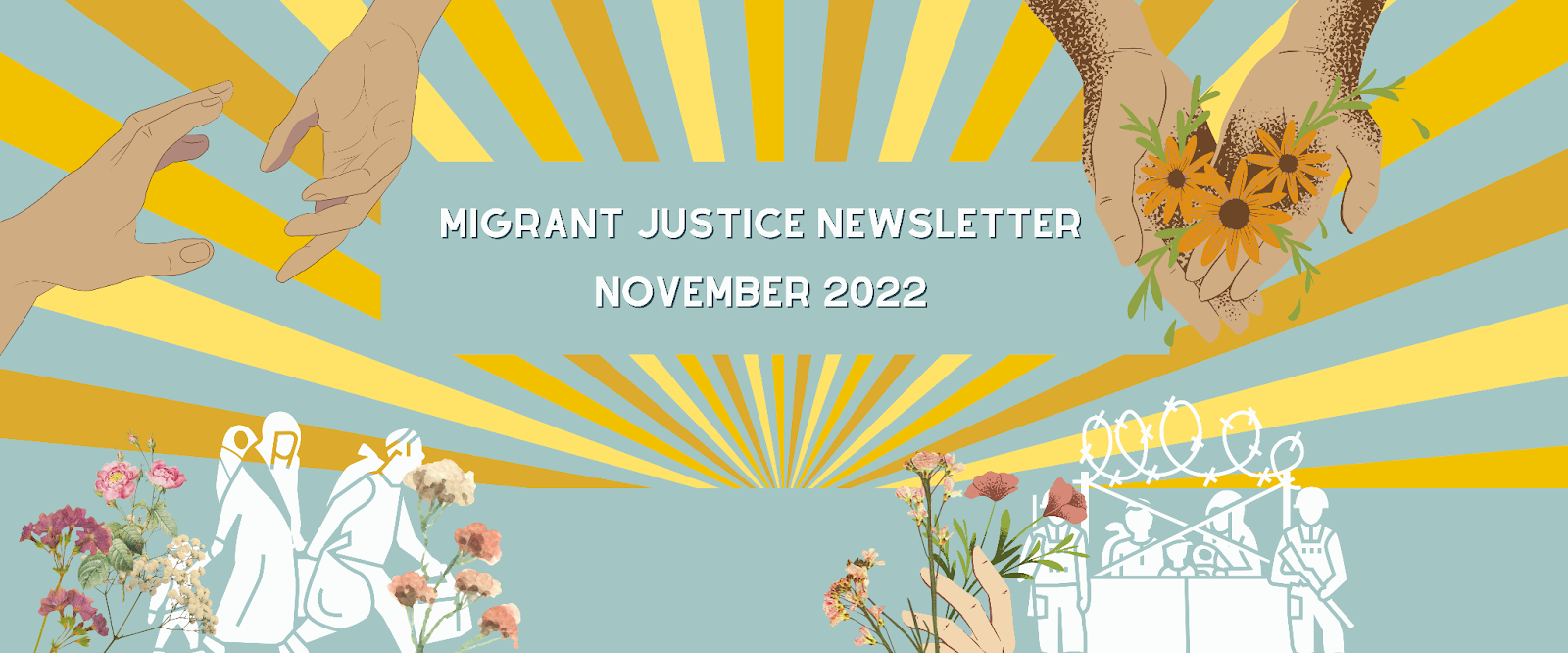Honduras: Following a congressional delegation trip to Honduras in 2021, representatives Cori Bush (MO-01), Ilhan Omar (MN-05), Jesus “Chuy” García (IL-04), Jan Schakowsky (IL-09), and Jamaal Bowman Ed.D. (NY-16) introduced a resolution in support 0f the Afro-Indigenous Garífuna people. The Garífuna communities have been been facing violence by the Honduran government and complicit multilateral institutions. These violations against the Garífuna communities were out called by The Inter-American Court of Human Rights and Inter-American Commission on Human Rights earlier without any severe consequences. The resolution condemns violence against the communities going on for years without any accountability towards the perpetrators, as proven by an incident in July 2020 when four Garífuna men were abducted at gunpoint by men in Honduran security force uniforms. Instead of initiating an investigation into those responsible, the Honduran attorney general has called for criminal proceedings against leaders of the Black Fraternal Organization of Honduras (OFRANEH).
The new resolution specifically:
- Condemns violence against the Garífuna people and the illegal separation from their legitimate land rights, and calls for the implementation of a 2015 Inter-American Court ruling restoring those land rights;
- Calls for the full participation of an independent commission created by Garífuna communities in the investigation of the four Garífuna men abducted in July 2020;
- Calls for a Special Prosecutor for Enforced Disappearances in Honduras;
- Calls for a review of past projects by multilateral development banks that may have contributed to violating the rights of the Garífuna people, and compliance with human rights law before the approval of projects that affect Garífuna communities; and
- Calls on the U.S. government to engage with the Honduran government and international allies and organizations to promote the rights of Garífuna communities and to advocate for reparations for affected communities.
The resolution is endorsed by: Black Fraternal Organization of Honduras (OFRANEH), Witness for Peace Solidarity Collective (WfP-SC), Institute for Policy Studies - Global Economy Program , School of the Americas Watch (SOAW), Committee in Solidarity with the People of El Salvador (CISPES), Network in Solidarity with the People of Guatemala (NISGUA), and Honduras Solidarity Network (HSN).
More on the motivations of the congresspeople and NGOs can be found in their statements in the full article, which also includes a link to the full resolution.


